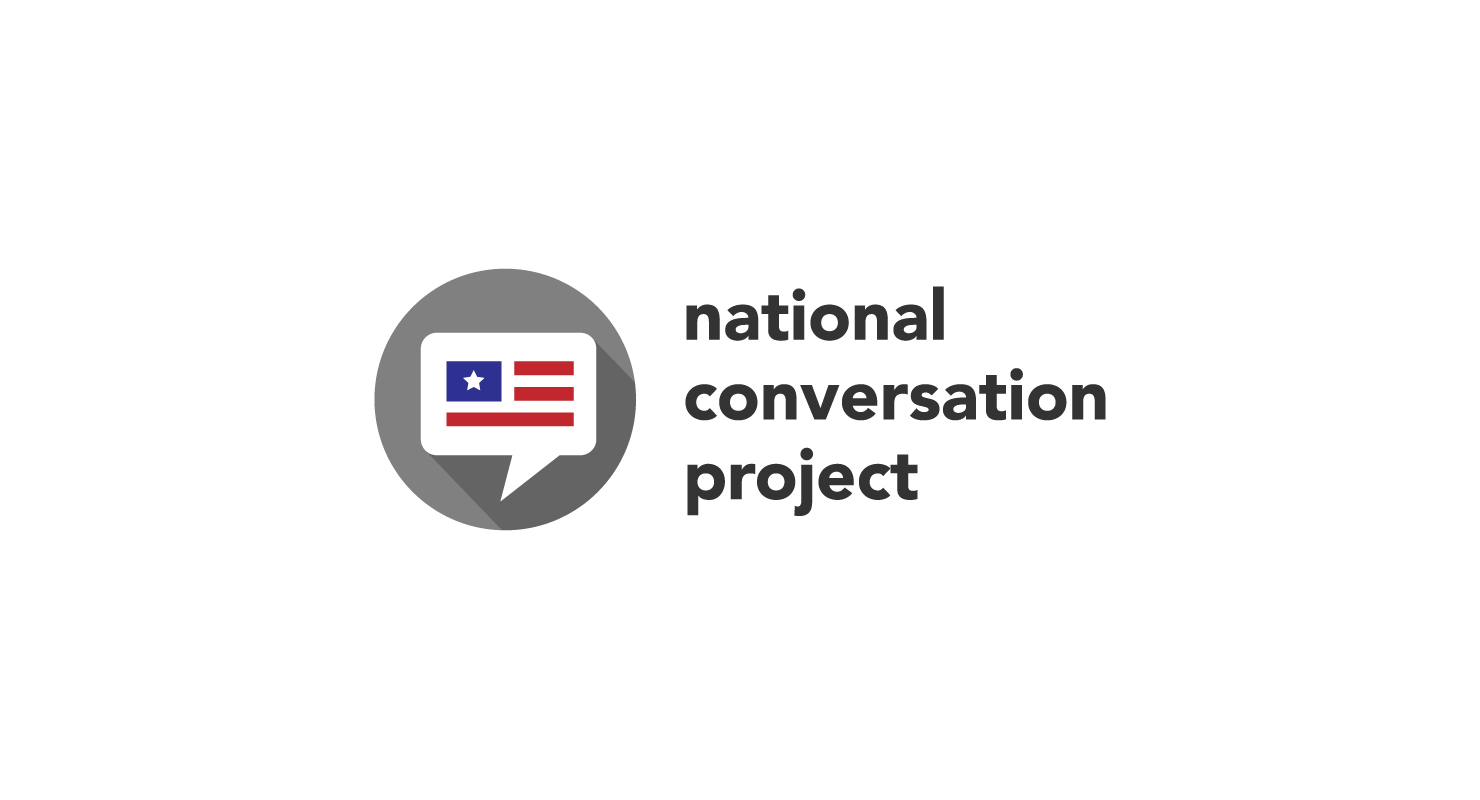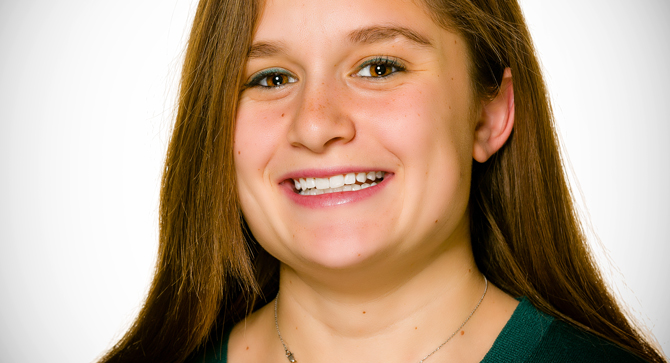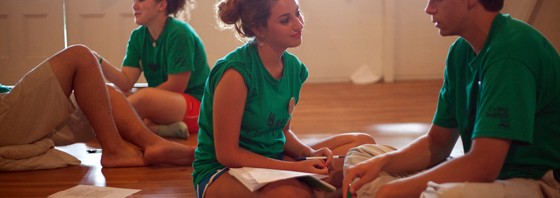Indian, Pakistani, and Afghan Seeds and Educators meet in India to advance communication skills
NEW YORK | This week, from January 19-22, 2006, Seeds of Peace is holding its first ever Regional Conference for its South Asia program at the Satya Farms Health Center in Karjat, India.
This unique conference will include close to 60 Seeds of Peace graduates (or “Seeds”) from Afghanistan, Pakistan and India, and 30 adult educators. Some of the adult participants are former Delegation Leaders who accompanied the Seeds to the Camp in Maine, and others are principals and educators who represent the schools that the Seeds attend.
The regional workshop will take the skills that the youth and educators have learned about dealing with conflicts to a higher level encouraging them to apply their training to dialogue across national divides. The overall theme for the Conference, Creative Conversations: Building Bridges, will focus on strengthening skills, knowledge and attitudes related to the issues that divide and unite South Asian Seeds and educators. Together and separately, the youth and educators will learn about culturally suitable dialogue models, analyze strategies that support conflict transformation, practice and apply the listening and speaking skills required for creative conversations, and assess ways to keep dialogue channels open, in spite of potentially contentious issues.
For the adults, the conference will also be a follow-up to earlier training they have participated in through Seeds of Peace, including a Creative Conversation workshop held by Seeds of Peace for South Asian educators in September, 2005 (funded by the Department of State). For the educators, this conference will aim to help these teachers understand how to deal with difficult conversations more effectively, while encouraging use of these skills to a wider school audience, thus creating more supportive environments for dealing with disagreement and difference.
The Creative Conversations conference is largely supported through a grant from the Department of State, Bureau for Education and Cultural Affairs (ECA).
Since 1993, Seeds of Peace has graduated over 3,000 teenagers from four conflict regions from its internationally recognized leadership program. Through its Camp in Maine, its Center for Coexistence in Jerusalem, international youth conferences, regional workshops, educational opportunities, and adult educator program, Seeds of Peace participants develop empathy, mutual respect, and self-confidence as well as leadership, communication and negotiation skills—all critical components necessary for peaceful coexistence.
More information can be found at www.seedsofpeace.org.




